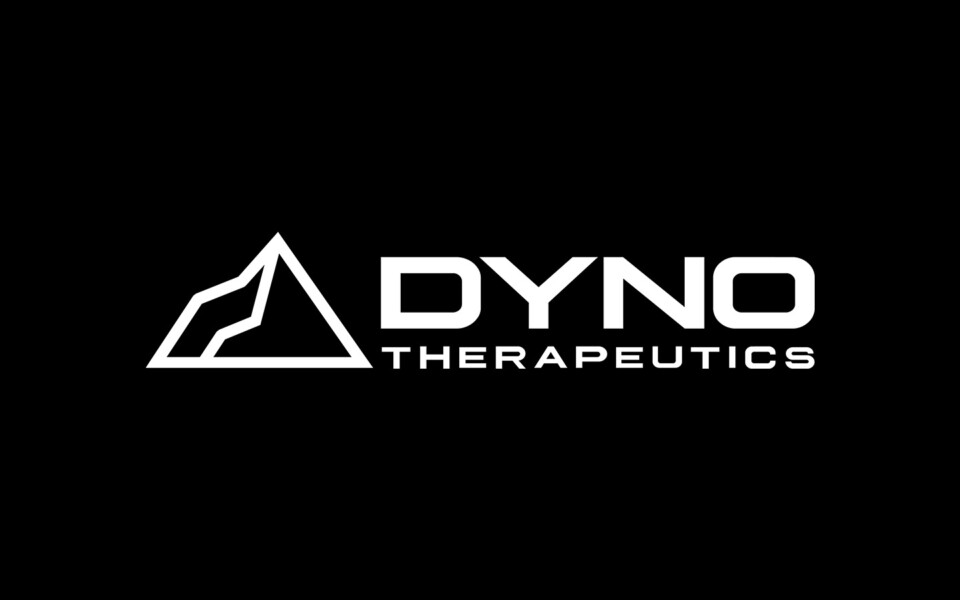Roche Bets Up to $1 Billion to Solve Gene Therapy’s Big Problem
The treatment has the potential to cure diseases, but high costs and a difficult delivery process have held it back.
Roche Holding AG is willing to pay more than $1 billion to solve one of the biggest challenges of gene therapy: delivery.
The Swiss drugmaker has reached a new deal with Dyno Therapeutics Inc., a biotech focused on helping companies ensure that their gene therapies hit their intended targets, the companies said Thursday.
Gene therapies are one-time treatments that fix misspellings in DNA to address the underlying cause of inherited diseases. Biotech companies typically deliver them by inserting a working copy of a gene inside the shell of an inactive virus, called a capsid. The shell is supposed to carry the gene to the correct cells in the body so it can replace the mutated gene.
But gene therapies have a hard time reaching certain areas of the body, limiting their potential. And they often miss their targets, forcing companies to use higher doses that can be toxic and cause the immune system to reject it. That also increases costs and contributes to the multi-million-dollar price tags of some treatments.
The collaboration builds on a previous agreement between the companies, giving Roche more access to Dyno’s technology. Under the new deal, Roche will pay $50 million upfront to Dyno, which will use artificial intelligence to design better vehicles for delivering gene therapies to potentially cure neurological diseases. Roche will pay more than $1 billion in milestone and royalty payments if the treatments advance through clinical trials and succeed commercially.
Dyno’s technology can ensure that gene therapies reach the correct cells and avoid other organs in the body, said Eric Kelsic, Dyno’s chief executive officer. The company has engineered capsids that are better at crossing the blood-brain barrier, which is crucial for treating neurological diseases. Because of prior exposure to viruses, many patients develop antibodies to the capsids used to deliver gene therapy, meaning they often won’t benefit from the treatment. Dyno is engineering ways to avoid this.
While some drugmakers have scaled back their ambitions in gene therapy, Roche is still pursuing the cutting-edge science. But it has faced challenges. In July, the company discontinued development of a gene therapy for Pompe disease, a rare disorder that causes weakness to the heart and skeletal muscles…


